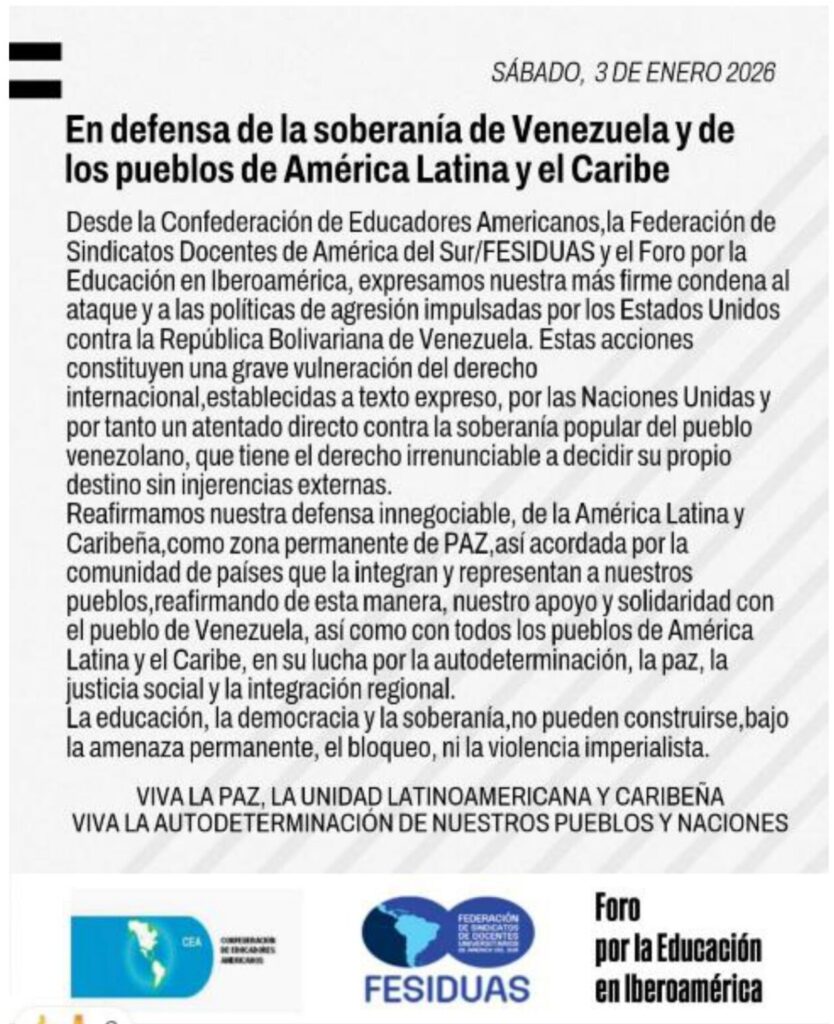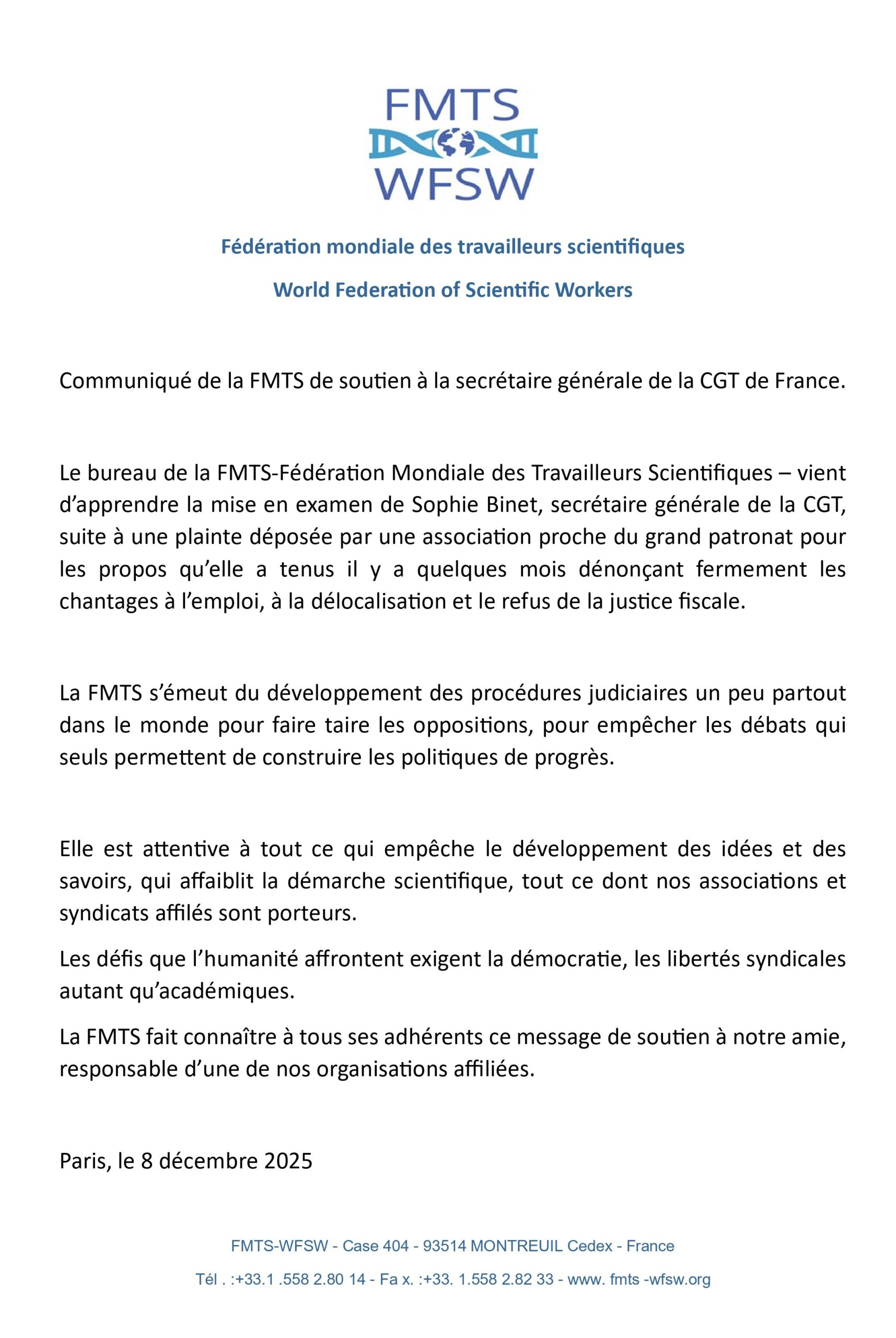Coronavirus pandemic in developing countries
WFST, call to face the social and financial consequences of the
Coronavirus pandemic in developing countries
The coronavirus, which began as a major health crisis, in China and then in Europe, has gradually turned into a global economic crisis and a real human tragedy, partly in Europe and the United States of America in particular, but even more certainly in the least developed countries, more particularly in Africa.
In this continent – which already counted within it before the current crisis 23 countries of the 25 among the poorest on the planet, where most societies have been weakened by years of regressive economic and social policies, very often dictated by the foreigner; where the education and health systems are at their lowest as a result of these same policies and essentially financial guidelines dictated by the IMF or the World Bank; where large international groups consider their activities only as a source of enrichment for themselves; where the consequences of global warming are already reflected in an increasingly intense forced human migration, etc … – the effects of the pandemic risk being even more devastating on the human level, as well as on the economic, social or environmental level.
There are at least two main reasons for this.
- Africa, which has only 9 doctors per 10,000 inhabitants for its health sector when OECD countries mobilize 36, sees a very large part of its medical skills migrate annually, including to countries of this same organization, where foreign doctors represented more than 27% of the medical/nursing staff in 2018.
- Likewise, and at another level, the pressure of external debt on African countries, some of which are among the poorest on the planet, is diverting an increasing part of their financial resources. As a result, these countries, with an external debt of nearly 600 billion US dollars (i.e. on average 60% of their GDP), now allocate more than 15% of their respective budgets to debt service, i.e. as much less to be mobilized in the sectors of education, health, hygiene or the fight against epidemics.
Such a situation, which today constitutes an existential threat for a majority of Africans, almost 80% of whom live in informal activities without any social safety net, absolutely cannot last. In this sense, the World Federation of Scientific Workers calls on the international community to:
– Make the necessary efforts to mobilize the fund of 500 billion dollars proposed by UNCTAD for the establishment of viable health systems in developing countries;
– Provide these systems, free of charge, with the skills, knowledge and results obtained – in a great part thanks to qualified human resources coming from the south – in health and medical research institutions in industrialized countries;
– Urgently provide medicines, vaccines (when validated), medical equipment and sufficient financial means to face the current pandemic and other health needs as well as the food needs of populations affected by the pandemic in the least developed countries; – Cancel the external debt of these same countries, whose part in their GDP has increased, in the space of 10 years, from 35% to 60%, and whose cost in terms of interest rates has literally exploded during recent years, rising from 4% in 2013 to 12% in 2017, i.e. more than 12 times the interest rate paid for its loans by Germany and to a lesser degree, France, for example





